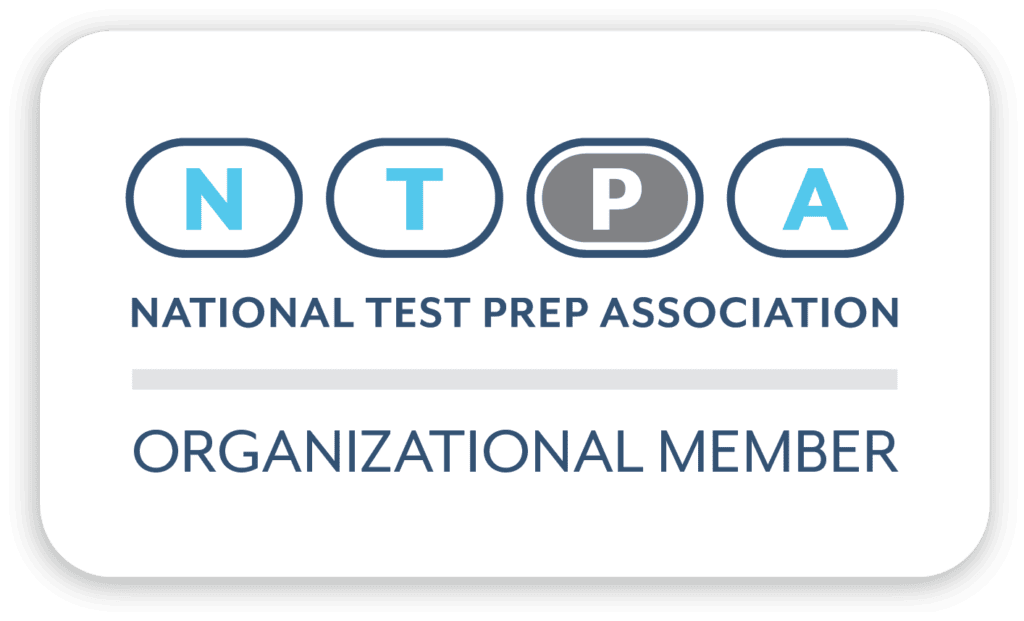We’ve all been there: a new concept in math class just doesn’t make sense, or maybe a tricky old concept comes back to haunt us when we need to use it again a few units later. Maybe you’re not feeling very confident about your grasp of AP US History, and a big test is coming up. Or you’re in pretty good shape with Chemistry, but you want to stay ahead of the game and explore concepts at a deeper level.
That’s where thoughtful one-on-one tutoring—whether it’s in math, English lit, biology, or chemistry—can make a big difference.
The benefits of good tutoring are meaningful. Students become more confident, their grades improve, they develop effective organizational habits, and they ultimately become more capable, independent learners. But these benefits are not the consequence of simply showing up—they require preparation and some good, thoughtful work. Here are a few tips to help you get the most impact from tutoring, no matter the subject or grade level.
Get tutoring help as early as possible
In most cases, you’ll know right away when you’re getting stuck or falling behind. That’s precisely when you should reach out for assistance. Don’t wait, and don’t assume that at some point, you’ll simply magically understand a topic that’s been giving you trouble. It’s always wisest to get ahead of the problem before it starts to snowball.
Pay attention in class
It goes without saying that your tutor is not a replacement for your teacher. The tutoring session buttresses and reinforces classroom instruction, so it’s vital that you are attentive in class, taking notes and asking questions. By marking things in your notes that feel confusing or complicated, you can be extra prepared to make the most out of your tutoring sessions.
Eat something before you attend a tutoring session
It’s hard to concentrate when your stomach is rumbling. Harvard Medical School notes that food can have a measurable impact on your ability to concentrate. Grab a healthy snack, like a power bar, a banana, or some granola, before you meet with the tutor.
Attitude is everything
A good attitude makes for a great tutoring session. When you can, arrive at your session with a bit of enthusiasm and curiosity. Just a small degree of optimism can put you in the right headspace to make the most of tutoring. Small shifts in thinking can promote big educational returns, so don’t discount the power of positivity.
That said, not everyone is passionate about trigonometry or organic chemistry. Some subjects might be difficult for you precisely because you don’t really connect with them. Be open and honest with your tutor if you’re having trouble getting interested in the subject. Your tutor may be able to help you overcome this “enthusiasm gap” by illustrating ways the topic connects with you, or they may be able to help you see it in a different light.
Bring all of your materials.
It might seem obvious, but it’s essential to have all of your course materials with you for the tutoring session—and that includes all books, notes, or information from the teacher/instructor. If you are meeting with your tutor in person, be sure that you have everything you need in your backpack; if you are meeting with your tutor online, be sure to have your materials handy wherever you’re working. Having the specific instructions for a particular assignment, essay, or project will help your tutor better understand what’s required so that they can help you plan and complete work that you’re proud of.
Bring your questions
Jot down specific questions before your tutoring session, perhaps in a notebook reserved specifically for tutoring notes. If you don’t understand how to work a particular problem, or how to structure an informative essay, for example, then make a note of that question as it occurs to you. It’s often too difficult to remember all of your questions during the tutoring session, so it’s a good idea to have a running list.
Emailing questions to your tutor before your session is a great way to ensure that you make effective use of your time. If you and your tutor are using a shared whiteboard, you can even upload screenshots of your notes or difficult questions you want to work on in session.
Get to know your tutor
It is very important that you feel comfortable speaking with your tutor, and being open and honest with them. A positive relationship between you and your tutor is an essential component of a meaningful collaboration.
You’ll also find out pretty quickly whether you get along with your tutor. Let’s face it: sometimes, personalities clash, and there’s no point in forcing it if you just don’t get along with your tutor. It’s perfectly acceptable to request a different tutor. No one’s feelings will be hurt. The most important thing is that you feel like your tutor is a great fit for you.
Tell your tutor where you’re having trouble—and what you hope to accomplish
Tutoring is a two-way conversation, so it’s important to establish good communication right from the start. Don’t expect your tutor to be able to read your mind, or make them try to guess what does or does not make sense to you. It’s best to be direct, and to state right up front that you’re struggling with quadratic equations—or having a hard time trying to understand Hamlet, let alone compose a four-page paper about one of its five major themes.
Your tutor will be able to do a better job of helping you if they have a thorough understanding of what’s difficult for you or what you need to accomplish. Your tutor is not here to judge, just to help, so it’s important for them to know what assignments you may be missing, what tests were difficult for you, or what papers or causing you stress.
Similarly, be sure to tell your tutor what you hope to ultimately accomplish through the sessions. Are you looking to improve your grades or understanding of a subject? Or are you doing fine in the class, but looking to get ahead? Or are you trying to get ready for a big test? Your goals are important, and the end game has some bearing on how your tutor will structure your sessions.
A tutoring session is no time to be shy—or evasive. If you don’t understand something, speak up. If you know that you’re considerably behind in a subject, or still struggling with fundamentals, acknowledging the obstacle is the first step towards overcoming it.
Talk about your learning style
People absorb information in different ways. Generally speaking, there are five different learning styles—verbal, visual, auditory, physical, and social. Before your first session with your tutor, it’s helpful for you to spend some time considering how you would best describe your learning style. Then, during your first meeting, communicate your thinking to your tutor.
This information will help your tutor to tailor their approach so that the tutoring session will be more productive. Conversely, if there is a learning style that absolutely does not work for you on any level, share that with your tutor as well.
Take notes—and review them
During your sessions, you should expect to take notes while your tutor works with you. Although you may be tempted to rely on your memory, don’t. The notes you take will give you something to refer to later on if you have questions about a concept, and the mere act of writing them down will help you to better remember what you’re learning.
For the best results, quickly review your notes following your tutoring session. Then, review them again right before your next session with your tutor. If you have any questions after reviewing your notes, write them down and ask your tutor to help you with those topics first, before moving on to something else.
Keep up the good work!
Your work doesn’t end when you leave your tutoring session. As mentioned above, you should briefly review the notes you’ve taken during tutoring, but there’s more you can do to make the most of each session.
Reinforce what you’ve learned by practicing more challenge problems, continuing to use the strategies you are working on with your tutor, and jotting down any questions you have for the next tutoring session. When you’re working on practice problems, be sure to check your answers and then take the time to go over the problems you’d missed.
It’s also important to stress patience—you likely won’t see major results after your first session. But with time and hard work, you will see a difference.
When it comes to tutoring, the old expression rings true: you get out of it what you put in.
Conclusion
Whether you’re looking to get ahead in a subject or trying to better understand basic concepts, tutoring can have a tremendous impact on your academic performance and confidence. There’s no better way to boost your grades, prepare for exams, or get organized and caught up if feel that you may be falling behind. Stick with it, maintain a positive attitude, and you’ll develop skills and habits that last a lifetime.






